This commentary first appeared in CityMetric on February 6, 2017 and is based off of ideas presented by the authors at the Joseph Rowntree Foundation Summit on Inclusive Growth on January 23, 2017 in London.
In May, Britain will hold elections for metro mayors in six metropolitan areas as part of a broader push toward devolution. Most focus has been on the formal powers the nation is devolving to this new position.
That is appropriate: the power of U.S. mayors owes much to the fact that city governments have the ability to raise taxes and other local revenue and to set their own budgets. They also have the responsibility to appoint the heads of multiple influential agencies and authorities and the freedom to innovate locally while reaping the benefits of smart governance.
Yet, as a current U.S. mayor and an advisor to mayors across the United States, we both know that the impact of the office is greater than merely managing and guiding the administrative functions of local government. Unlike a nation-state, cities are not governments. Cities are co-governed by networks of public, private, and civic institutions and leaders. The under-appreciated power of mayors is the ability to convene these leadership networks and to design, finance, and deliver collective responses to difficult challenges.
Louisville, Kentucky, provides a case in point. The 27th largest city in the United States, with a population of more than 750,000, mayor Fischer’s city resembles many of the areas holding elections in Britain, incorporating urban, suburban, and rural areas under one unified government as a product of a city-county merger in 2003.
Like city-regions across the United Kingdom and the United States, Louisville has struggled to achieve inclusive economic growth — to build an economy that works for all citizens. But the city has made great strides, thanks not to any formal legislation, but by leveraging the power of the mayor’s office to convene stakeholders and set an agenda for inclusive growth.
Louisville has committed to preparing young adults for a rapidly changing economy through lifelong learning. In 2014, the city of Louisville launched Cradle to Career, an integrated effort between disparate organisations focused on kindergarten readiness, elementary and secondary education, college completion, and workforce-oriented skills training.
It is obvious to any parent that these issues are inextricably linked; a smart intervention in a child’s early years pays off for decades. But, unfortunately, it’s just as obvious in cities around the country that the leaders of these programs have too few incentives to work together.
While the mayor’s office does not directly control any of these systems, it does offer the perspective and the constituency to consider the life trajectory of a child as a whole rather than as a series of disconnected, compartmentalized approaches. Impacts to date include material gains in kindergarten readiness, college degree attainment, and median wage compared to the national norm.
An inclusive economy requires both skilled workers and quality jobs that pay well. That’s why in Louisville, we worked with business leaders, the state government, and a traditional rival in the nearby city of Lexington to create the Bluegrass Economic Advancement Movement (“BEAM”). The ambitious goal: bolster the region’s prowess in advanced manufacturing, exports, and foreign direct investment, building on the distinctive competitive assets and advantages of this broader region.
Through targeted company outreach programs, small export grants, and a region-wide export strategy, BEAM’s five-year goal of increasing export successes for small businesses by 50 percent was reached in only three years.
The success of the Cradle to Career and BEAM initiatives require leadership traits that are qualitatively different from the more conventional ones used to run a hierarchical government. Soft power requires the ability to convene, cajole, and even shame private, civic, university and community leaders to come together and collaborate to compete and solve problems. This is community organizing at the highest level, and it requires system-wide insights unique to mayors to lead disparate actors towards common visions, tangible actions, and sustained commitment.
In the aftermath of Brexit and the election of Donald Trump, U.S. and U.K. cities face a democratic deficit — a loss of trust in institutions and lack of clarity about the future. The elections of metro mayors and other devolution efforts offer the potential to restore confidence in government and repair the frayed civic fabric of our societies.
Many of the challenges of the 21st century will not be solved in far-off bureaucracies of national governments; rather they will be tackled on the ground via cross-sector solutions. Mayors can and should lead this, and as voters across Britain head to the polls this May, they should vote for those who will.
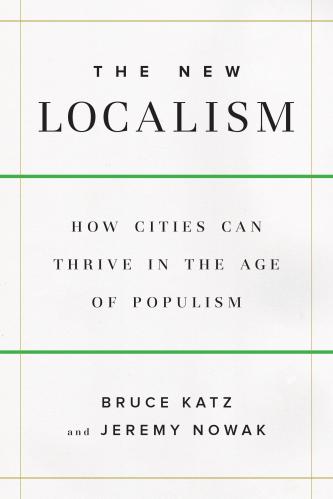
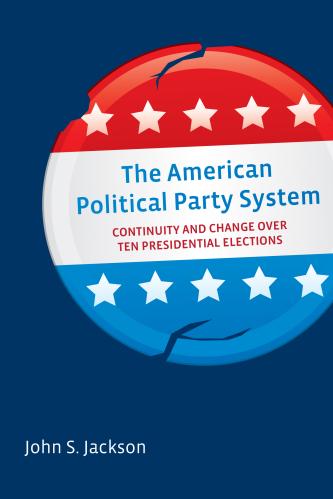
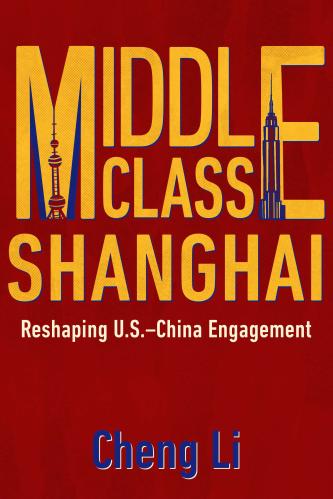
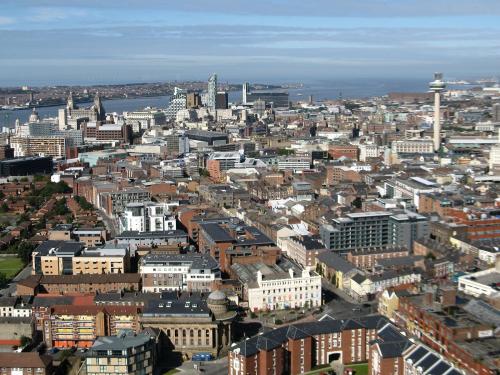


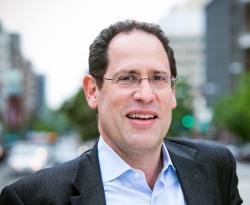


Commentary
US lessons for UK metro mayors: The hard impact of soft power
February 9, 2017